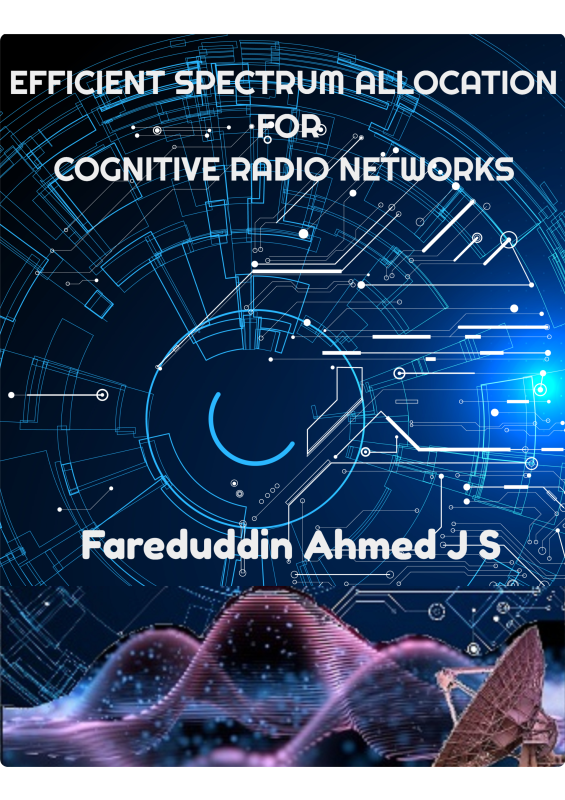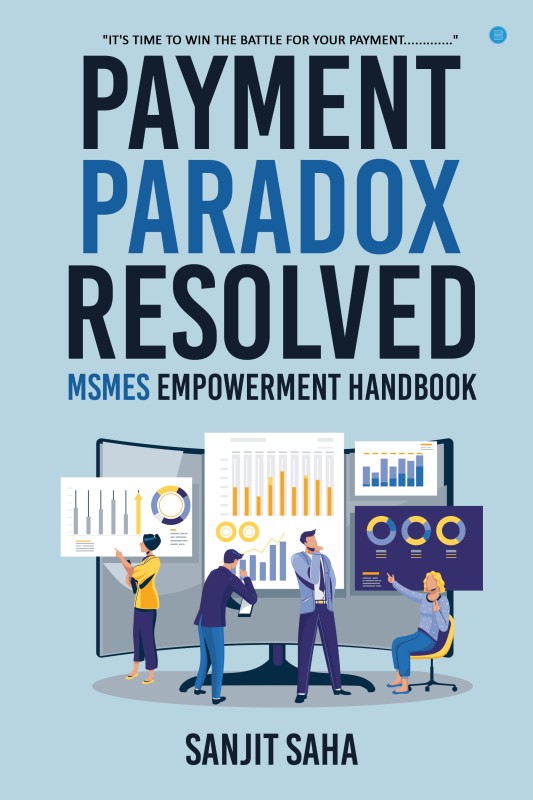EFFICIENT SPECTRUM ALLOCATION FOR COGNITIVE RADIO NETWORKS
by fareduddin | 25-Sep-2023
(0)
This book emphasis on Efficient radio spectrum sensing and resource allocation in cognitive radio networks. In this regard a joint two level sensing and power allocation scheme is proposed for hybrid overlay/underlay non-cooperative cognitive radi...
Original
Books
Fastest
Delivery
7-day
Replacement
Book Details
- Language : English
- Pages : 182
- ISBN :
- Genre: ACADEMIC
- Size : 5" x 8"
- Binding Type : PAPERBACK
- Age Group: + Years
- Paper Type : NATURAL SHADE
- Interior : BLACK & WHITE
- Cover : GLOSS FINISH
- Book Type : EBOOK
- Tags : EFFICIENT SPECTRUM ALLOCATION FOR COGNITIVE RADIO NETWORKS
-
Best Sellers Rank :
#1127 in Academics
#7316 in Global
Reviews
There are no reviews for this product yet.

 USD
($)
USD
($) AUD
($)
AUD
($) CAD
($)
CAD
($) EUR
(€)
EUR
(€) HKD
($)
HKD
($) MYR
(RM)
MYR
(RM) GBP
(£)
GBP
(£) SGD
($)
SGD
($)







